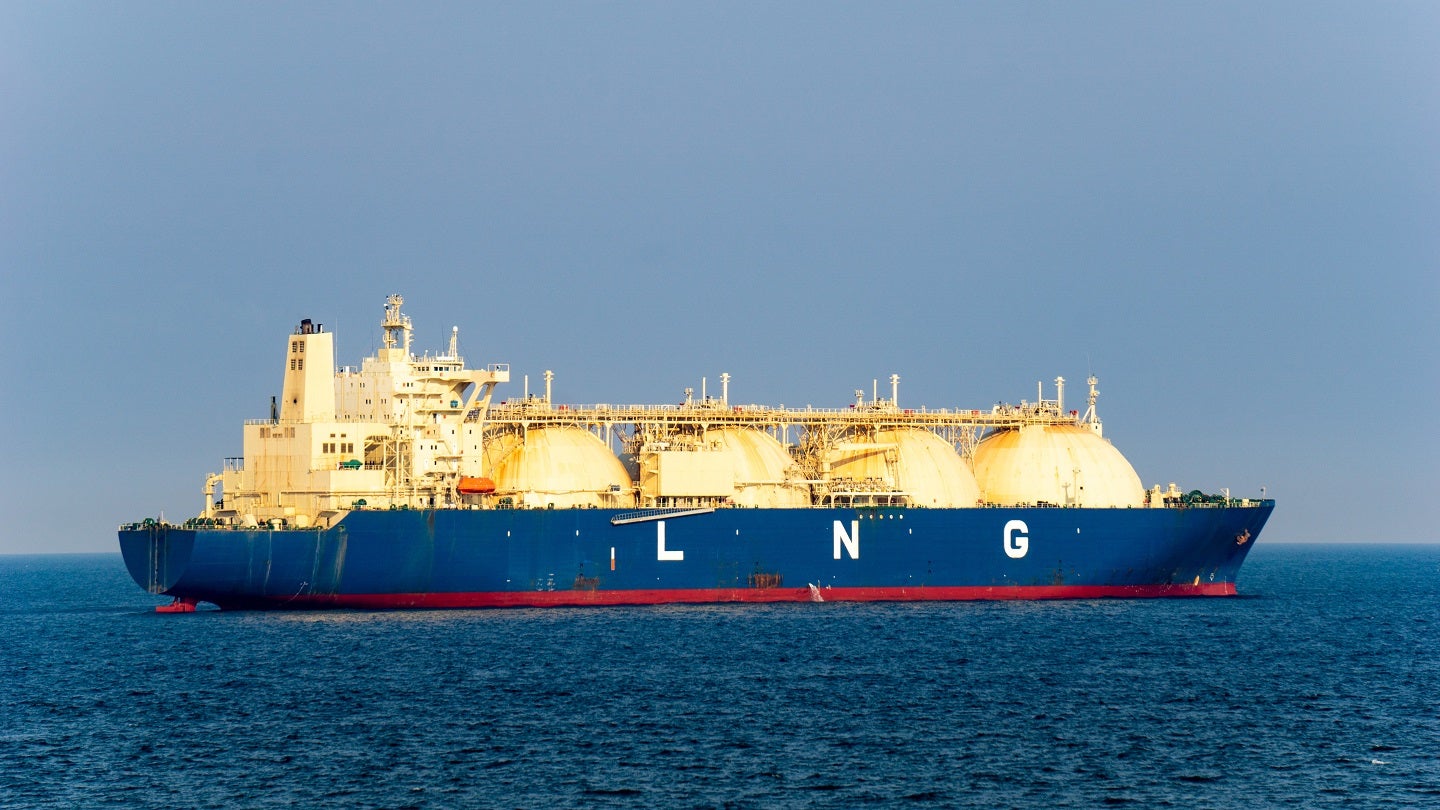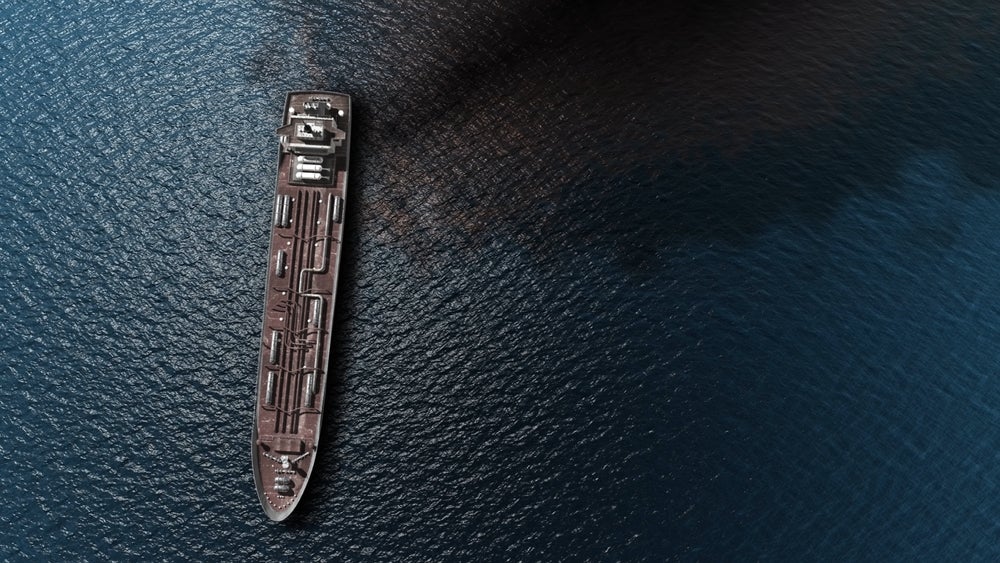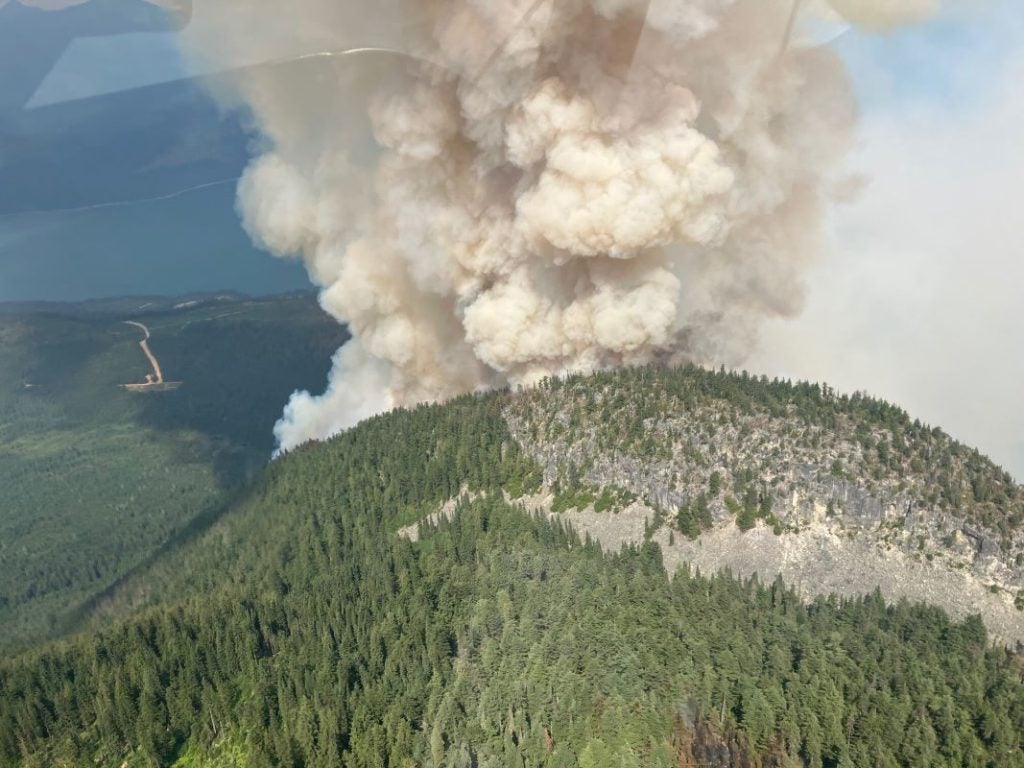
LNG exporter QatarEnergy has ceased the transit of its tankers through the Red Sea, reported Reuters, citing sources.
The decision comes as Qatar continues production and follows a series of attacks on vessels in the Red Sea by Yemen’s Iran-backed Houthi group, which claims its actions are in support of Palestinians.
The Red Sea is a significant shipping artery, accommodating approximately 12% of global maritime traffic.
At least four Qatari LNG tankers were held up recently due to the disruption.
In response to the attacks, US and British forces have conducted numerous air and sea strikes on Houthi targets in Yemen.
According to LSEG shiptracking data, the tankers Al Ghariya, Al Huwaila and Al Nuaman, after loading LNG at Ras Laffan in Qatar, were bound for the Suez Canal but halted off the coast of Oman on 14 January.
How well do you really know your competitors?
Access the most comprehensive Company Profiles on the market, powered by GlobalData. Save hours of research. Gain competitive edge.

Thank you!
Your download email will arrive shortly
Not ready to buy yet? Download a free sample
We are confident about the unique quality of our Company Profiles. However, we want you to make the most beneficial decision for your business, so we offer a free sample that you can download by submitting the below form
By GlobalDataMeanwhile, the Al Rekayyat, returning to Qatar, stopped on 13 January in the Red Sea.
“It is a pause to get security advice, if passing (through the) Red Sea remains unsafe we will go via the Cape,” the source told the publication.
“It is not a halt of production.”
A trading source added: “Qatar will just take the long route via Cape of Good Hope, which will result in delivery delays but nothing dramatic for European balances.”
Requests for comments from the Qatari Government’s International Media Office and QatarEnergy did not elicit a response, reported the news agency.
Similarly, shipowners and managers of the affected vessels, including Teekay Shipping Glasgow, Pronav Ship Management, Nakilat Shipping Qatar, and Shell’s shipping and chartering unit STASCO, did not respond to requests for comments on the matter.
Despite these challenges, several LNG vessels have continued their journey past Yemen, through the Red Sea and Suez Canal.
Qatar, the US and Russia remain the most active shippers of LNG through these routes.







